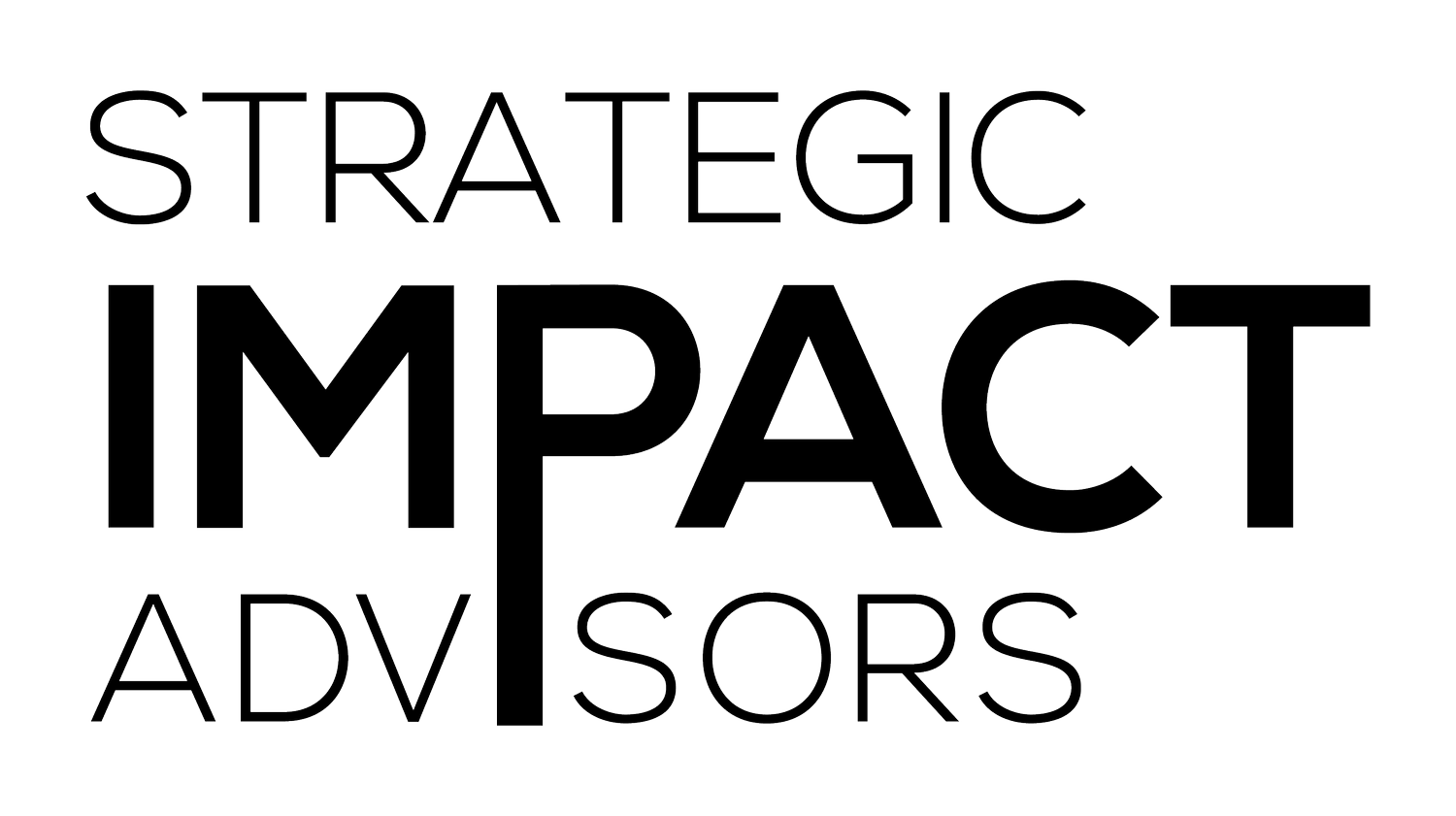Agent Network Strengthening for USAID
Over the past six years, SIA has supported USAID in advancing digital financial services (DFS) market systems in countries where USAID works through the Agent Network Strengthening (ePayments) Program (ANSP), particularly by strengthening the ability of financial services agent networks to expand and serve financially excluded populations.
Our work is an example of agile and adaptive development and included 15 different projects that resulted in over 150 tools and technical assistance to strengthen both the supply and demand side of DFS ecosystems, driven by market assessments and need.
During ANSP, DFS continued to be an accelerant for improving people’s livelihoods and building resilience and women’s economic empowerment. At the start of this award in 2016, GSMA reported that there were 556 million registered mobile money accounts, 174 million of which were active on a 90-day basis. In 2021, GSMA reported 1.35 billion registered mobile money accounts, 538 million of which were active on a 90-day basis. That same year there were more mobile deployments than ever: 316 deployments in 98 countries with 12.2 million registered agents. USAID has supported, and continues to support, the reach of these digitally-enabled services, which the World Bank has credited for continuing to narrow the financial inclusion gap, including the gender gap.
SIA’s work for USAID to build the ecosystem for ePayments (or DFS) and financial inclusion spanned four thematic areas: (1) delivering technical assistance to DFS providers, (2) building capacity of USAID staff and its implementing partners to use DFS as a programmatic tool, (3) providing resources and testing approaches to use DFS in particular sectors and countries, and (4) building resources to increase women’s capacity to use DFS. In each area we implemented projects to advance digital financial inclusion and provided resources for other stakeholders to carry on this important work.
In the final report, we reflect on our work and the impact it has had in building capabilities across the DFS ecosystem. Our work in Liberia and Sierra Leone provided tailored assistance to help mobile money providers strengthen their agent networks to become effective delivery channels for government-to-person payments. Our work with Feed the Future programs led to foundational market assessments for Missions to use DFS in their program design. In Uganda we created a global guide with tools that Feed the Future implementing partners can use to explore where they can leverage DFS to deliver relevant and useful financial services to smallholders and value chain partners. For the final project under ANSP, we focused on the continued challenge of digital financial literacy (DFL) in closing the gender gaps in financial inclusion. The open source digital financial capacity audio lessons we produced were delivered directly through interactive voice response and used by over 45 organizations during the activity period, reaching over 277, 000 individuals 74% of which were our target audience — women!
While the award has come to an end, the work remains. The financial inclusion gap is narrowing, but still exists: 29% of adults in developing economies still don’t have a financial account. We look forward to seeing USAID continue to use the tools produced by this work and advance the use of DFS within its work as it continues to do development in the digital age.

